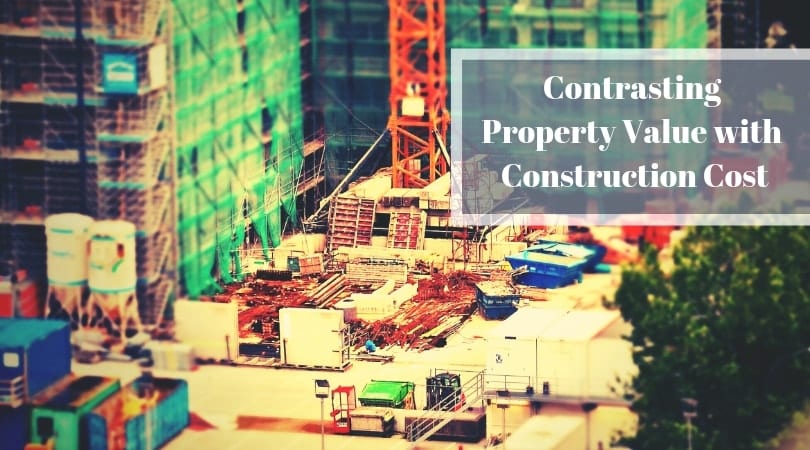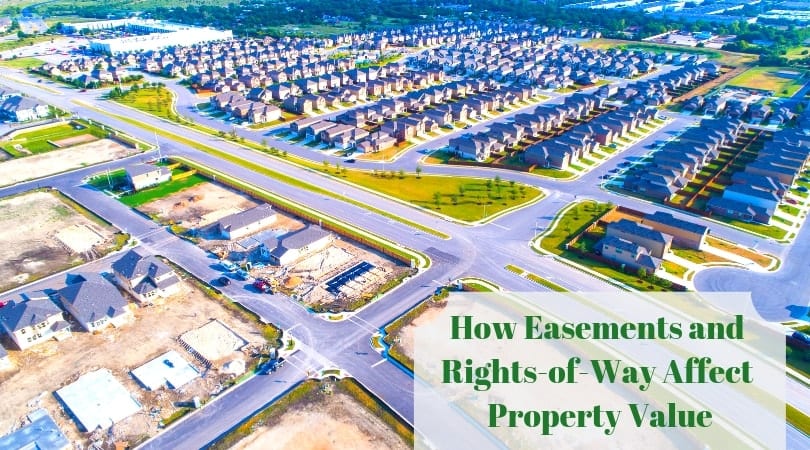Land Value Analysis: Is That Improved Comparable Sale Really a Land Sale?
Land value analysis is an essential skill for appraisers, especially in scenarios where the sales comparison approach is hampered by a lack of truly comparable properties. While many residential appraisals don’t require the cost approach, there are cases where separate value opinions for land and improvements are necessary. Experienced appraisers recognize that some improved property […]










